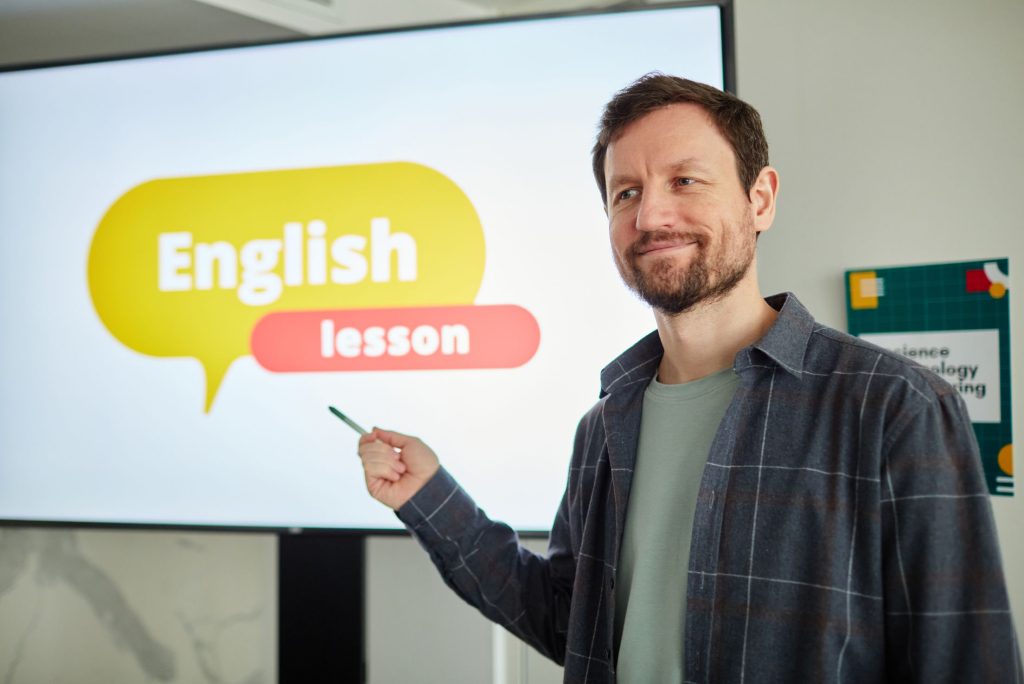What most agencies overlook — and what we look for every time
Hiring someone is easy.
Hiring someone who’s still there six months later?
That’s different.
In education, staff turnover doesn’t just cost time. It affects students, disrupts routines, drains budgets, and drags down morale.
If your recruitment agency isn’t thinking about that when they shortlist, they’re just playing the numbers.
Here’s what we pay attention to – and what you should too.
Motivation over availability
Plenty of people are “ready to start immediately.” That doesn’t mean they’re in the right mindset.
The best candidates are:
- Actively interested in your setting
- Clear on what they’re leaving behind and why
- Focused on the right role, not just any role
We always ask:
Are they moving towards something – or just away from something?
Realistic expectations
We don’t just match CVs. We match expectations.
A candidate might have the right skills, but:
- Do they understand the challenges of the role?
- Are they expecting more flexibility than the job allows?
- Will they be supported properly in the setting?
When there’s a mismatch here, you get quick exits — or quiet disengagement.
Stability in their story
A gap here or a short stint there isn’t a red flag.
But when someone’s had five roles in two years, we look deeper.
We ask:
- What’s driving the changes?
- Were they fixed-term? Burnout? Poor management?
- What would need to be different this time for them to stay?
It’s not about judging the past. It’s about understanding the pattern.
Cultural fit over perfect skills
Plenty of educators get hired for their experience — and leave because they clashed with the team, felt unsupported, or just didn’t click with the environment.
That’s why we always ask:
– What kind of school or college have they thrived in before?
– What made that role work for them?
– Does this setting match the culture they’re looking for?
Skills can be developed. Culture fit can’t be forced.
Energy match
This one’s underrated.
If you’re hiring for a demanding, high-energy environment, the right candidate needs to bring that same energy. Not in interviews — in how they talk about work. In how they describe past roles. In how they speak about their students.
We listen for that energy. Not rehearsed answers.
It tells us a lot more than “I’m passionate about education” ever will.
What it all comes down to
Most recruiters will tell you someone’s “keen” and “available.”
We want to know if they’re likely to stay.
And that starts by asking better questions before they even reach your inbox.
It’s not just about finding people who can do the job.
It’s about finding the ones who’ll still want to be there when the term ends.
Want to stop the revolving door? Start by asking your agency how they decide who to send.





